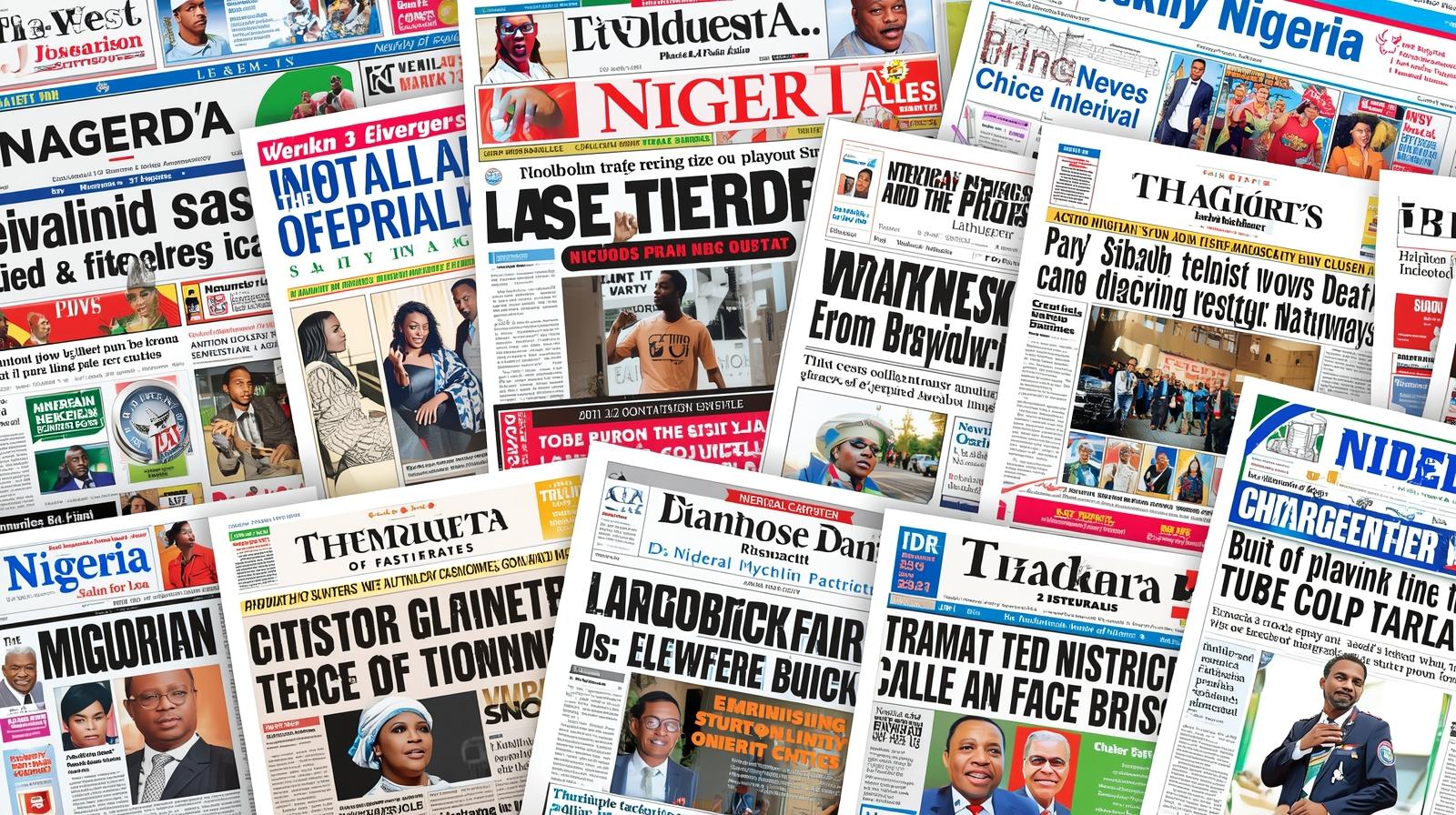Language is more than just a way of communication; it reflects culture, creativity, and identity. In Nigeria, young people have built a rich collection of slang expressions that define how they interact with one another and with the world. These expressions are colorful, witty, and sometimes puzzling to outsiders.
At Nigeria Journal, we explore the way popular Nigerian youth slang has become a language of unity, confidence, and cultural pride. From the bustling streets of Lagos to the campuses of universities, slang is not just about words—it’s about lifestyle, humor, and self-expression.
The Cultural Power of Youth Slang
Slang is not just casual talk; it is cultural currency. Nigerian youth slang often emerges from music, comedy, social media, and even political commentary. It allows young people to express emotions more vividly and to shape conversations in ways that traditional language often cannot.
The Roots of Nigerian Slang Expressions
Nigerian slang has its origins in diverse languages and influences. Yoruba, Igbo, Hausa, Pidgin English, and even international pop culture all play a role in shaping slang expressions. This fusion creates a unique linguistic landscape where creativity knows no bounds.
Why Nigerian Youth Embrace Slang
A Tool of Identity
Young Nigerians use slang to build a sense of belonging and identity. When they use certain expressions, it signals that they are part of a community that understands the cultural codes.
A Way to Show Humor
Nigerian youth love to inject humor into everyday situations, and slang makes this possible. The witty twists and double meanings keep conversations lively.
Breaking Social Barriers
Slang cuts across social classes. Whether you are in a bustling market or at a corporate event, Nigerian slang often finds its way into the dialogue, breaking down formal barriers.
Popular Nigerian Youth Slang in Everyday Life
Here are some expressions that capture the energy of Nigerian youth slang.
| Slang Word/Phrase | Meaning | Usage in Context |
| Wahala | Trouble or problem | “No wahala” means “no problem” |
| Japa | To run away quickly | Used when fleeing a situation |
| Sapa | Extreme financial lack | “Sapa don hold me” means being broke |
| Cruise | Fun, jokes, enjoyment | “We dey catch cruise” means having fun |
| E choke | Expression of surprise or excitement | Popularized by Nigerian music stars |
| Baffs | Stylish clothing | “You dey baffs well” means dressing stylishly |
| No dey whine me | Stop deceiving or joking with me | Used to express disbelief |
The Influence of Music and Entertainment on Slang
Afrobeats and Street Music
Many slang terms gain popularity through Nigerian music, especially Afrobeats and street-hop. Artists often coin catchy expressions that quickly become cultural phenomena.
Comedy and Skits
Online comedians play a major role in spreading slang. Their skits amplify new expressions and make them part of mainstream culture.
Nollywood and Pop Culture
Movies and social media challenges further solidify slang terms in everyday conversations, ensuring they spread beyond youth circles.
Social Media as the Engine of Slang Growth
WhatsApp groups, Instagram captions, TikTok videos, and Twitter trends all contribute to the rapid spread of slang. Once a word starts trending online, it becomes part of national conversation almost overnight.
The Global Recognition of Nigerian Slang
Popular Nigerian youth slang is no longer limited to the borders of Nigeria. With the global rise of Afrobeats and Nigerian pop culture, terms like “wahala” and “japa” are now being used internationally. This global adoption shows the power of Nigerian creativity.
The Impact of Slang on Nigerian English
Slang is reshaping Nigerian English into a vibrant hybrid. Young people often mix standard English with Pidgin and slang in a single sentence. This unique blend adds rhythm and energy to communication, making Nigerian English instantly recognizable.
Challenges and Criticisms of Youth Slang
While slang is widely embraced, it sometimes faces criticism.
Communication Gap
Older generations may struggle to understand slang, leading to miscommunication.
Formal Settings
In schools, offices, and official communication, slang may be seen as unprofessional.
Overuse Concerns
Some critics argue that excessive slang could erode proficiency in standard English.
Steps to Understanding Nigerian Youth Slang
Listen Actively
Pay attention to conversations among Nigerian youth in music, comedy, and everyday life.
Engage in Social Media
Follow trends and hashtags that highlight new slang expressions.
Ask for Clarification
Nigerians are often happy to explain slang meanings with humor and patience.
Use Gradually
Incorporate slang naturally into conversations to avoid sounding forced.
The Future of Nigerian Slang
Slang will continue to evolve as new cultural movements emerge. With the influence of digital technology, music, and entertainment, Nigerian youth slang will likely gain even more global recognition.
Frequently Asked Questions
What makes Nigerian youth slang so unique?
It blends English, Pidgin, indigenous languages, and creative expression, creating a colorful and dynamic form of communication.
How does slang spread so quickly in Nigeria?
Music, comedy, and especially social media platforms accelerate the adoption of new slang expressions across the country.
Can Nigerian slang be used in formal situations?
Most slang is reserved for informal settings, though some expressions have become widely accepted in casual workplace conversations.
Is Nigerian slang understood outside the country?
Yes, especially in African countries and among global fans of Afrobeats and Nigerian entertainment.
Will slang replace standard English in Nigeria?
No, it complements English rather than replaces it. Slang enriches communication but is not a substitute for formal language.
Conclusion
Popular Nigerian youth slang is more than a collection of trendy words—it is a vibrant cultural expression that reflects humor, resilience, and identity. At Nigeria Journal, we celebrate how slang brings people together, breaks down barriers, and projects Nigerian creativity to the world. As music, social media, and entertainment continue to evolve, slang will remain a vital part of how Nigerian youth shape their culture and influence global conversations.








